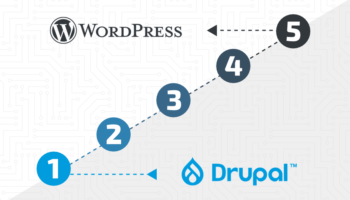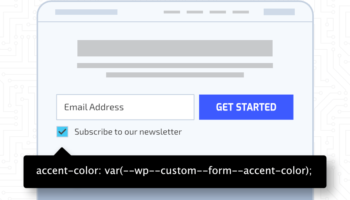It runs roughly. It’s hard to get started, or quits abruptly after it’s running for a while for no clear reason. You put off some basic maintenance months and months ago, and when the problem’s so bad you finally face it, the cost is four times what it would have been to prevent it from happening. Now you’re frustrated.
If this sounds like car trouble, you’re wrong. I’m describing web site trouble.
Just like an automobile, a website requires due diligence and regular maintenance in order to keep working for you. Search engines don’t put your web site through the same wear and tear as the road does your car, but they do expect a web site to be continually refined with expanded text, growing numbers of links and more web traffic. Underperforming, plateauing or ignoring the web environment could mean to your website what running on low motor oil means to your car.
It’s a frustrating issue for many website owners to tackle, and for understandable reasons — you put a good chunk of change down for your website, shouldn’t it just work? Unfortunately, the web’s not that simple — it needs more and more fuel (content) to continue running, and if you don’t have a good mechanic (developer) who knows the history of your vehicle, and the nature of the environment it’s running in, you’re likely to end up stranded somewhere with a very expensive problem on your hands.
That said, there are plenty of ways you can ease the burden of managing your website and make it a satisfying part of your business process, not a chore. One thing that’s appropriate for nearly every client we work with is a content management system that modifies a distinct area of their site — press releases or news, for example. A simple log in allows you to update your website as easily as writing an email, and practically anything can be news. New employee? New office? New product? New client? New service? There’s plenty to write about, and even if you’re not aspiring to be Hemingway, some solid content with good keywords in it should be enough to keep your site looking fresh.
What else can you do? Make sure that any businesses you partner with link to you from their website (and vice-versa, if appropriate), come up with a series of articles on your industry that would interest your potential customers, and contemplate getting your own blog.
Finally — don’t go it alone! While we can appreciate being cost-conscious, understand that your web site is a de facto marketing medium that needs attention and frequent maintenance in order to get you where you need to go — whether that’s across the country, the world, or to the most qualified customers in your local area.





